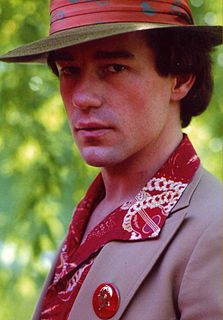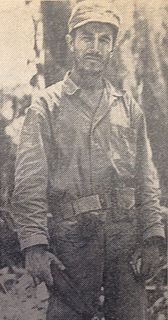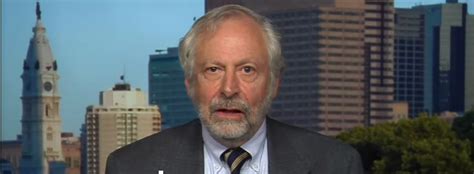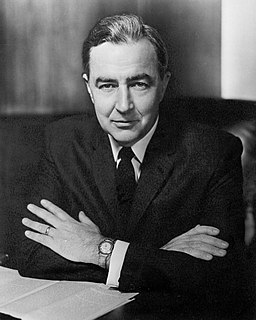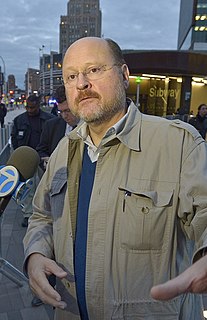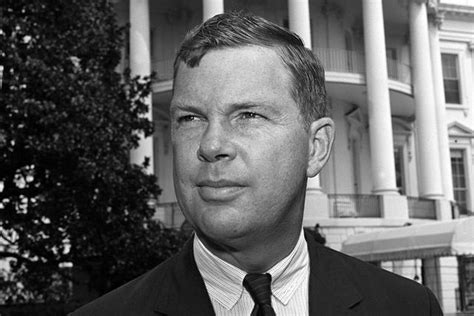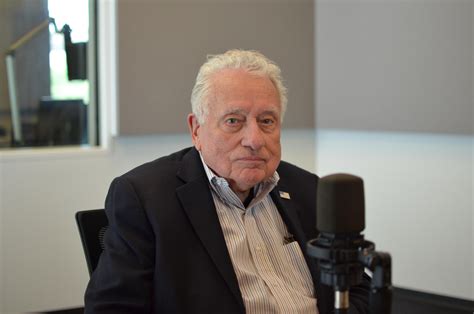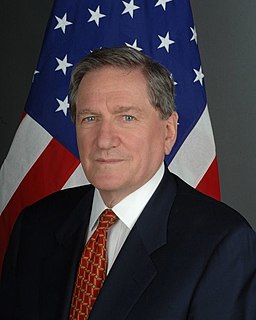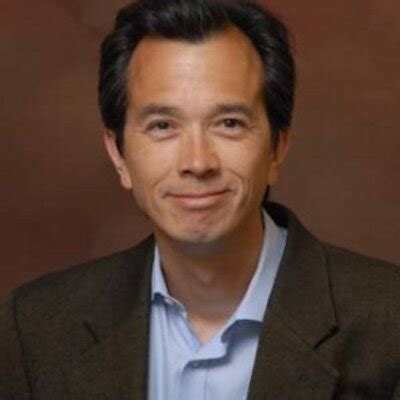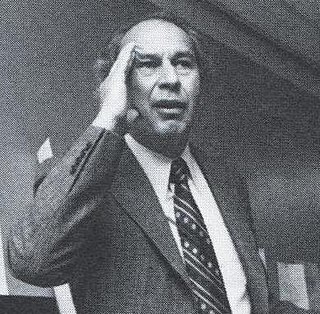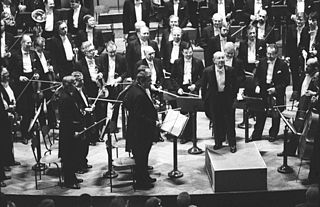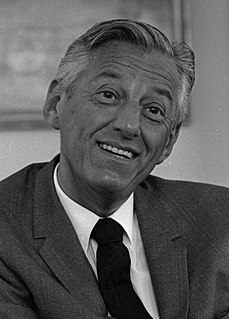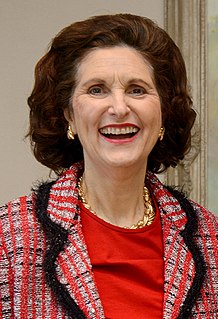Top 1200 President Lyndon Johnson Quotes & Sayings - Page 2
Explore popular President Lyndon Johnson quotes.
Last updated on April 21, 2025.
I had, in college, a professor called Walter Jackson Bate, and he taught a course called The Age of Johnson. It's about Samuel Johnson and his period, 18th-century British writing. So we all got to endure Samuel Johnson, and Boswell's 'Life of Johnson' is now my favorite book. I read it all the time I can; it's great for going to sleep.
Since Jimmy Carter, religious fundamentalists play a major role in elections. He was the first president who made a point of exhibiting himself as a born again Christian. That sparked a little light in the minds of political campaign managers: Pretend to be a religious fanatic and you can pick up a third of the vote right away. Nobody asked whether Lyndon Johnson went to church every day. Bill Clinton is probably about as religious as I am, meaning zero, but his managers made a point of making sure that every Sunday morning he was in the Baptist church singing hymns.
The government of the United States, under Lyndon Johnson, proposes to concern itself over the quality of American life. And this is something very new in the political theory of free nations. The quality of life has heretofore depended on the quality of the human beings who gave tone to that life, and they were its priests and its poets, not its bureaucrats.
I call upon both Republicans and Democrats to work with us to have a national ID card that is free and accessible. President Lyndon Johnson and Martin Luther King recognized was the greatest step for society was that short step into the voting booth. If we are to be true to their courage and conviction, we must make that short step as easy as possible. Surely, if we can land a spaceship on Mars, we can certainly put a voter ID card in the hand of every eligible voter.
Lyndon Johnson is still the most formidable, fascinating, frustrating, irritating individual I think I've ever known in my entire life. He was huge, a huge character, not only standing six feet four, but when you talked to him, he violated the normal human space between people. He was a great storyteller. The problem was that half his stories, I discovered, weren't true.
I think with Lyndon Johnson, the most important thing I learned was that he never had the sense of security that comes from inside. It always depended on other people making him feel good about himself, which meant that he was always beholden, continually needing to succeed. He could never stop. There was such a restlessness in him.
When I got back to NY had the opportunity to work with the beginning years of the poetry project which was founded with money from the OEO under Lyndon Johnson to work with alienated youth on the lower East side. This was extraordinary, to be able to help then to create a culture that would capture the energy that I felt at Berkley.
When Kennedy could not get the civil rights bill passed - and he was the big liberal - Lyndon Johnson came in and it got passed, and he was the conservative and the southerner. So sometimes in politics, to get something done, it takes a special kind of knowledge and a special kind of person, but it doesn't always follow the party lines.
Three American presidents-Dwight D. Eisenhower, John F. Kennedy, and Lyndon B. Johnson-have asked the question: What do we get from aiding Pakistan? Five-Jimmy Carter, George H. W. Bush, Bill Clinton, George W. Bush, and Barack Obama-have wondered aloud whether Pakistan's leaders can be trusted to keep their word.
Not much ever really comes of commissions, really. The last one that really came up with something truly concrete was the Warren Commission, and for all its good work, most Americans persist in believing that Oswald was working in tandem with the CIA, FBI, Lyndon Johnson, and the John Birch Society.


